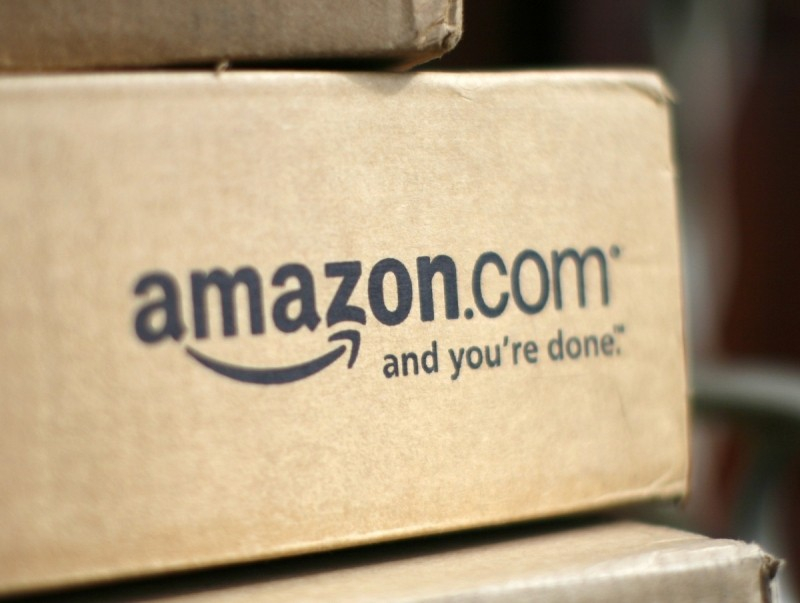Amazon has had a problem with unreliable user reviews for a long time. The retail giant started legal action against more than 1100 people for allegedly posting fake, paid-for positive reviews last year, but it has continued allowed incentivized reviews - until now.
In its updated community guidelines, Amazon announced that it would no longer allow reviews of products where the customer receives the goods for free or at a reduced cost in exchange for an "honest" review.
Reviewers were required to disclose the fact that they received the items for free or at a discount. And while they could give a positive or negative opinion of a product, the overwhelming majority of incentivized reviews praised the items in question, improving the overall rating of goods that were often very average.
Research carried out by ReviewMeta showed that incentivized reviews are extremely biased in favor of the products and that many people post positive comments in the hope of receiving more free or discounted goods in the future.
The ban doesn't extend to Amazon's Vine program - its own incentivized review system. With Vine, Amazon chooses trusted reviewers and provides them with free, new or unreleased products that have been provided by participating vendors. Amazon does not incentivize positive feedback and limits the number of Vine reviews for each item. Books are also exempt from the rule change.
An Amazon spokesperson told TechCrunch that it wouldn't be retroactively removing incentivized reviews unless they are excessive and don't comply with prior policy.
